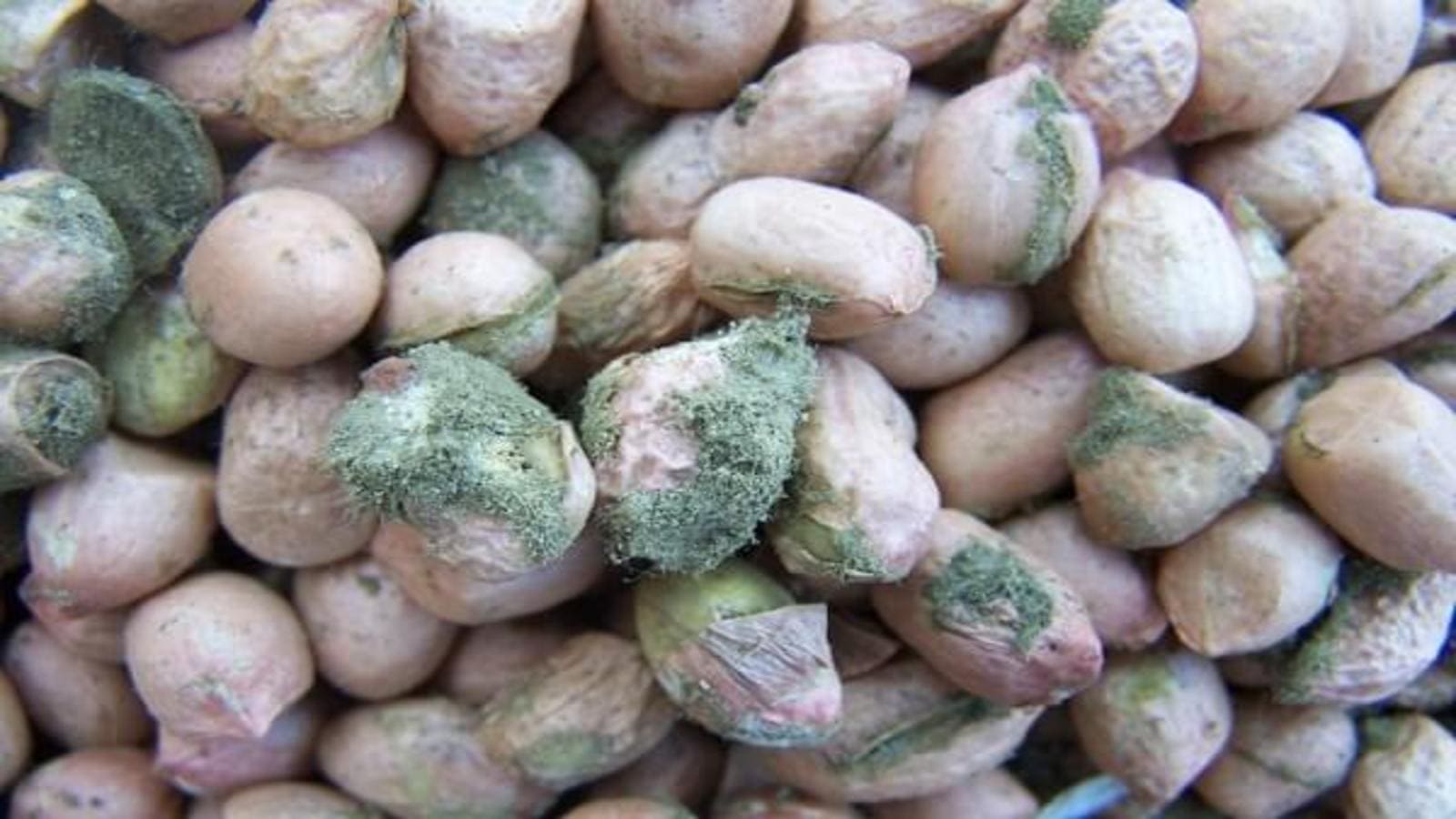FINLAND – Finnish authorities have discovered Salmonella contamination in some imported spices as part of a food fraud initiative involving Finnish Customs, the Finnish Food Authority (Ruokavirasto) and municipal food control authorities focused on spices, fresh berries, and meat products.
Operators whose prior batches were deemed to be non-compliant were the focus of monitoring.
Of the 24 spices that were looked into, five were restricted but no illegal dyes were discovered, and 11 received a warning for minor labeling and microbiological concerns.
Tests on samples of curry, pepper, paprika, and turmeric for 20 prohibited food colours, with a concentration on Sudan dyes, were all negative.
Four of the rejected spices had high amounts of pesticide residue, and one of them had Salmonella. The labeling on one of the spices was inaccurate.
The five products that were restricted all originated from Asia, although three had been imported into Finland via another EU member state.
“The use of prohibited dyes is still a common form of food fraud in spice products. In other parts of Europe, dyes that are harmful to health have been discovered even recently, so it is worth continuing the monitoring, even though they were not found in spices in this intensive control,” said Jonna Neffling, Product Safety Manager at Tulli (Finnish Customs).
Controls on fresh berries focused on origin labeling and conformity with marketing rules, checks on spices targeted forbidden colours hazardous to health, while checks on meat products focused on origin and combatting African swine fever.
80 kg of non-compliant meat items were also seized by customs after inspections on berries revealed that some of them were of foreign origin but sold as Finnish.
According to Paula Kangas, Project Manager at Finnish Customs, risk analysis of data is used to determine which food consignments should be investigated.
“As for the role of Finnish Customs, the main emphasis is on controls on commercial imports, but during the pilot, we detected a new phenomenon, commercial food imports disguised as personal imports by private individuals. In those cases, food safety measures are completely evaded, which is a major concern for consumer safety,” said Kangas.
The goal is to better tackle food fraud in cross-border traffic so consumers can be confident that imported products are safe and authentic, reports Food Safety News.
“The results of the pilot show that the intensified cooperation between Finnish Customs, the Finnish Food Authority, and municipal food control authorities significantly increases the possibilities to intervene at the right time and efficiently in cases of illegal food consignments from the internal market,” said Satu Virtaranta, of the Finnish Food Authority.
For all the latest food safety news from Africa and the World, subscribe to our NEWSLETTER, follow us on Twitter and LinkedIn, like us on Facebook and subscribe to our YouTube channel.








